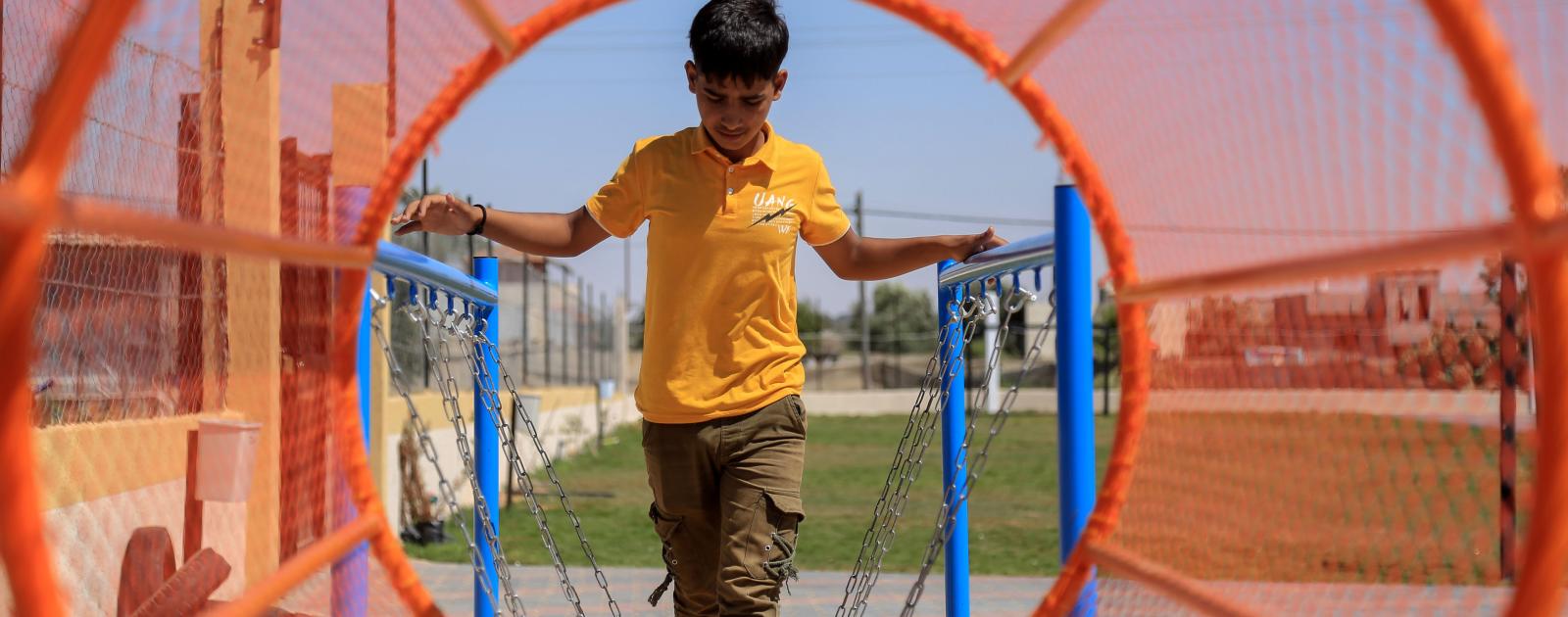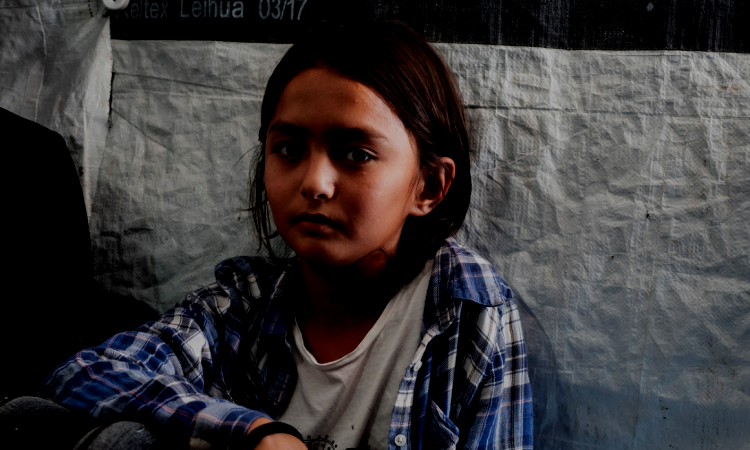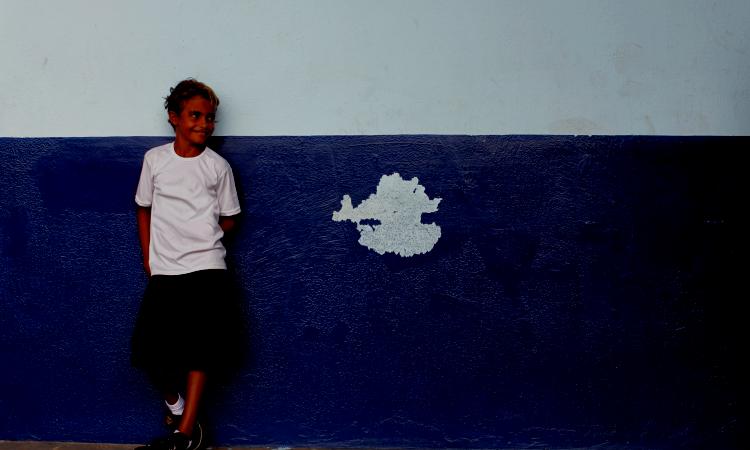
COMMON STATEMENT BY THE MEMBERS OF THE CHILD'S RIGHTS ADVOCACY NETWORK (CRAN)
We, the undersigned, 16 organisations, members of the Child’s Rights Advocacy Network, working to support asylum-seeking and refugee children in Greece, wish to express our concerns about the proposed provisions for unaccompanied and separated children in a newly proposed Immigration Code and call on Greek authorities to reconsider Article 162 of this Code and amend it so that and updated version covers the serious legal gap currently facing unaccompanied children and ensures the rights of all unaccompanied children in practice, including once they have reached adulthood, or will soon reach adulthood, which is currently not the case.
Last week, we were both alarmed and disappointed to see that the newly proposed Immigration Code was suddenly published for an unrealistically short period of public consultation on 7 to 14 March 2023, without sufficient time provided for meaningful review and recommendations to ensure it aligns with what is best for unaccompanied children or that it addresses the significant gaps in legal status these children continue to face in Greece.
We are compelled to express our collective concern regarding not only the insufficient consultation provided, but also the content of the proposed new code, which does not offer solutions for the vast majority of unaccompanied children who remain outside the asylum system. Instead, the proposal seems set to create even more challenges for these children, increasing their barriers to gaining legal status in the country.
This comes despite the explicit commitment we received from the Deputy Minister of Migration and Asylum, Ms. Sofia Voultepsi, during the event "Children without documents, children at risk. Until when?" organized on July 12, 2022 by members of the Child Rights Advocacy Network. Both at that time and since, the Deputy Minister stated that there was a "clear political will" to address the gap in the legal status faced by unaccompanied migrant children in the country, before and after they reach adulthood.
And, yet the criteria stipulated in the new regulation of how adult citizens from third countries or stateless persons who entered Greece as unaccompanied minors can obtain a ten-year residence permit fail to reflect the reality on the ground.
With this legislative initiative, an important opportunity is lost; that of protecting and acknowledging unaccompanied and separated children who ultimately remain outside the asylum system. Absolutely no provision is included in the proposed bill for unaccompanied children whose request for international protection is rejected while they are minors. This is contrary to the best interests of the child, which should guide the decisions of all public authorities, but also contrary to public statements by these same relevant authorities. As a result, unaccompanied children are once again left without legal documents and exposed to all forms of exploitation, without substantial access to protection, health benefits or education.
As for unaccompanied children who become adults while in Greece, in order to receive the ten-year residence permit, the new Code requires them to have a permanent authorisation of stay in the country, i.e. a permanent residence permit. But, if these unaccompanied children who have just come of age had already secured such an authorisation, they would not even need the legislative intervention introduced by this article in the first place. This, in fact, despite the Prime Minister's own statement on January 17, 2023 that "unaccompanied children turning 18 that have completed three (3) years of education should rightfully be given the possibility to remain in the country and to join the Greek state if they so wished."
However, in addition to requiring that they already have a permanent residency permit, and already successfully completed at least three (3) grades of the Greek formal education, the potential beneficiaries of the ten-year residence permit must also have been accepted at either a Vocational Apprenticeship School of the Public Employment Service, a Vocational Training School, or a higher educational establishment.
This last requirement that they must have obtained admission to one of the above schools is particularly onerous since only a very limited number of unaccompanied minors who have reached adulthood can meet this condition. After all, experience in the field has shown us that, for unaccompanied children, even a 3-year "successful" attendance at the Greek school is a significant challenge. This is due to systemic and chronic issues impeding the effective inclusion of children with a migrant/refugee background in the Greek school system, causing a student population of "two speeds".
Finally, we wonder why the second-generation children will now be left without a residency permit (see paragraph b of the above article). Previously, they were able to obtain one with the provisions of Law 4251/2014 regardless of their parents' status, as long as they had established strong ties with the country (birth in Greece, school attendance, etc.).
The signatory organizations of the Children's Rights Advocacy Network believe that a special residence permit should be granted to unaccompanied children solely based on the fact that they are children and that they are transitioning to adulthood, aiming to safeguard the best interest of each unaccompanied child in the country.
THE CO-SIGNING ORGANISATIONS
- ARSIS Association for the Social Support of Youth
- Better Days Greece
- ΕLIX
- Generation 2.0 for Rights, Equality & Diversity
- Greek Council for Refugees
- The HOME Project
- HumanRights360
- International Rescue Committee (IRC) Hellas
- INTERSOS Hellas
- Lighthouse Relief
- Mobile Info Team
- Network for Children’s Rights
- Safe Passage
- Schedia (Raft) -Center for Artistic and Pedagogical Training
- SolidarityNow
- Terre des hommes Hellas


